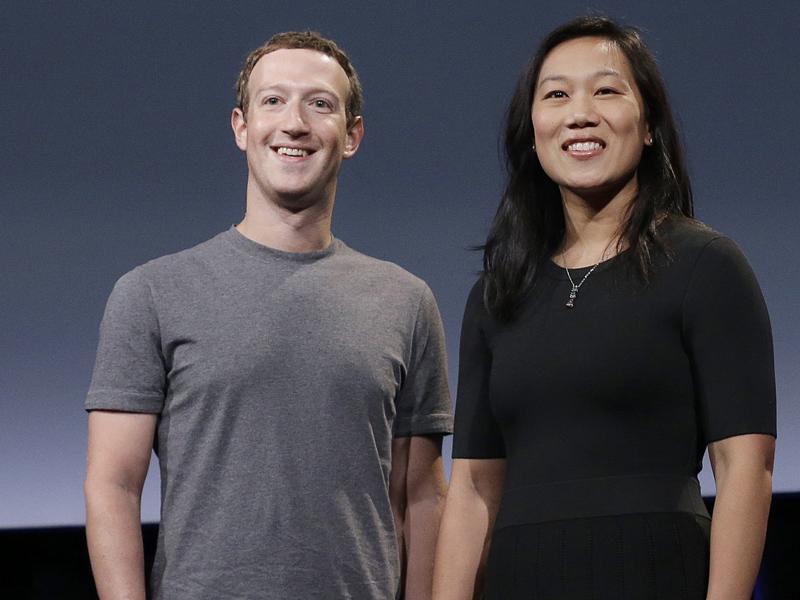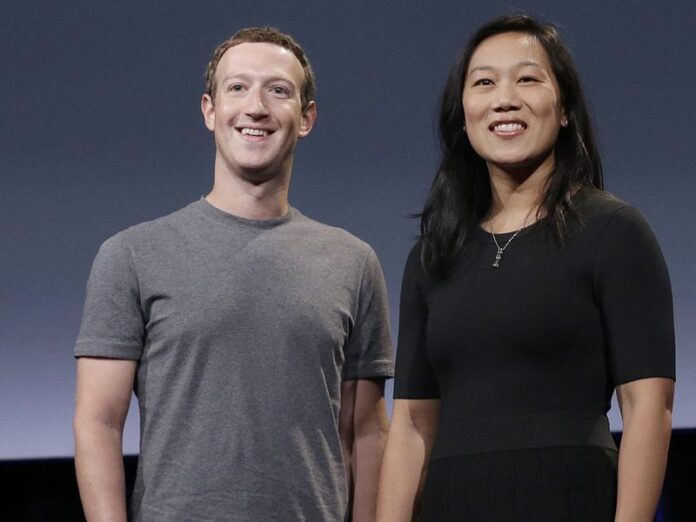In a groundbreaking announcement, the Chan Zuckerberg Initiative, led by tech mogul Mark Zuckerberg and pediatrician Priscilla Chan, has set a audacious goal: to eradicate all diseases by the end of the century. This ambitious endeavor is underpinned by the belief in the transformative power of artificial intelligence (AI) in revolutionizing the field of healthcare. In a world where diseases continue to challenge our well-being, this initiative envisions a future where AI plays a pivotal role in not just treating but preventing and managing all types of diseases.



The Role of AI in Healthcare Transformation
Mark Zuckerberg, the co-founder of the Chan Zuckerberg Initiative, expressed profound optimism about the potential of AI in reshaping the healthcare landscape. He emphasized that AI has the capability to empower scientists by enabling them to delve deeper into the intricacies of how cells function, both as individual entities and as components of a living organism.
At the forefront of this groundbreaking project is the development of a program known as the “Virtual Cell.” This program is poised to be a game-changer in the field of cellular biology. It aims to assist researchers in mapping out the diverse states of various cells, both in healthy and disease-afflicted conditions, throughout their life cycles.
To accomplish this monumental task, the Chan Zuckerberg Initiative is embarking on the creation of one of the largest AI compute clusters ever conceived. This computational behemoth will be instrumental in training AI models like the Virtual Cell, requiring an extensive repository of data to operate effectively.
Priscilla Chan, co-founder of the initiative, elaborated on the magnitude of data required, emphasizing the tremendous effort involved. She revealed that scientists within their organization have successfully generated single-cell data sets, providing a wealth of invaluable information.
Unleashing AI with Cutting-Edge Hardware
The computing cluster, which will serve as the heartbeat of AI in this project, is expected to house more than 1000 GPUs (Graphics Processing Units). This computational firepower is indispensable for developing digital models capable of predicting cell types within a genome. One of the critical aspects of this AI model is its ability to unravel the mysteries of immune cell responses during infections.
The treasure trove of data required to train these predictive models includes the CELL by GENE software tool, another facet of the Chan Zuckerberg philanthropic efforts. This software boasts the most extensive collection of single-cell datasets in existence, comprising a staggering 930 data sets featuring 53.1 million cells spanning 714 different cell types. The data is not just a valuable asset; it’s readily accessible for researchers worldwide.
Challenging the Status Quo
The Chan Zuckerberg Initiative’s ambitious foray into leveraging AI to conquer diseases has ignited discussions across various sectors. Some view it as another venture within the tech industry’s complex landscape, while others draw parallels to the visionary endeavors of individuals like Elon Musk, the founder of Neuralink.
Bill Gates, a prominent figure in philanthropy and technology, now finds himself joined by Mark Zuckerberg and Priscilla Chan in their shared mission to reshape the future of healthcare. While skepticism and anticipation swirl around this initiative, there’s no denying that it represents a significant stride toward advancing humanity’s understanding of diseases and unlocking potential solutions that were once deemed unattainable.
In an era where technology continues to redefine what’s possible, the Chan Zuckerberg Initiative’s commitment to harnessing AI for the betterment of global health serves as a testament to the enduring spirit of innovation. As the world watches closely, the hope is that this audacious undertaking will yield breakthroughs that benefit us all, bringing us one step closer to a future where diseases are no longer a formidable foe.
Also Read: Amazon’s Bedrock: Redefining Generative AI with Llama 2 Integration










